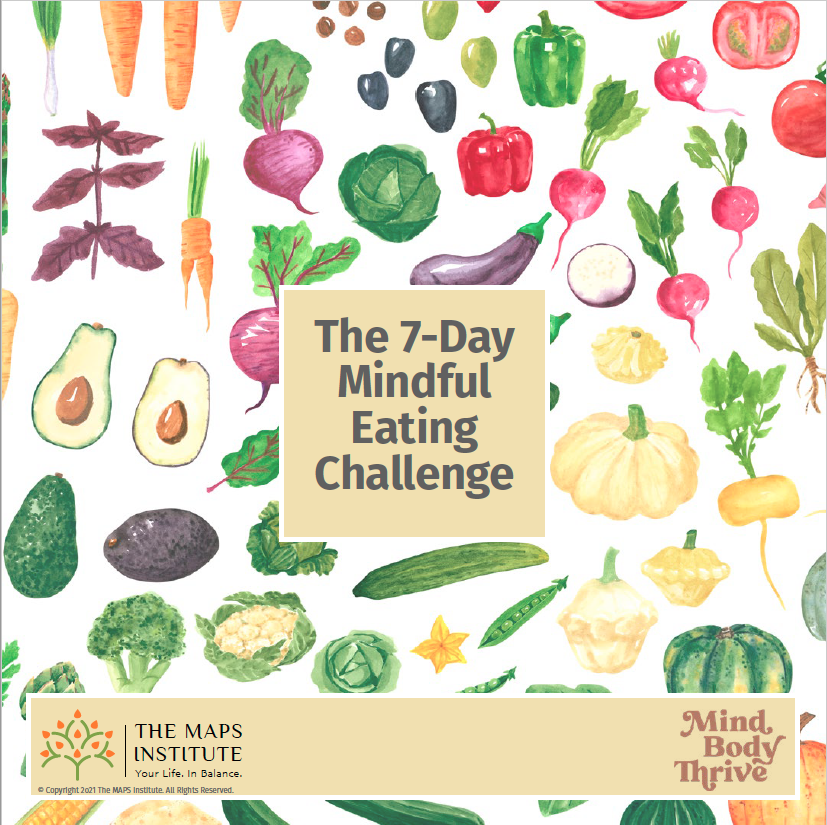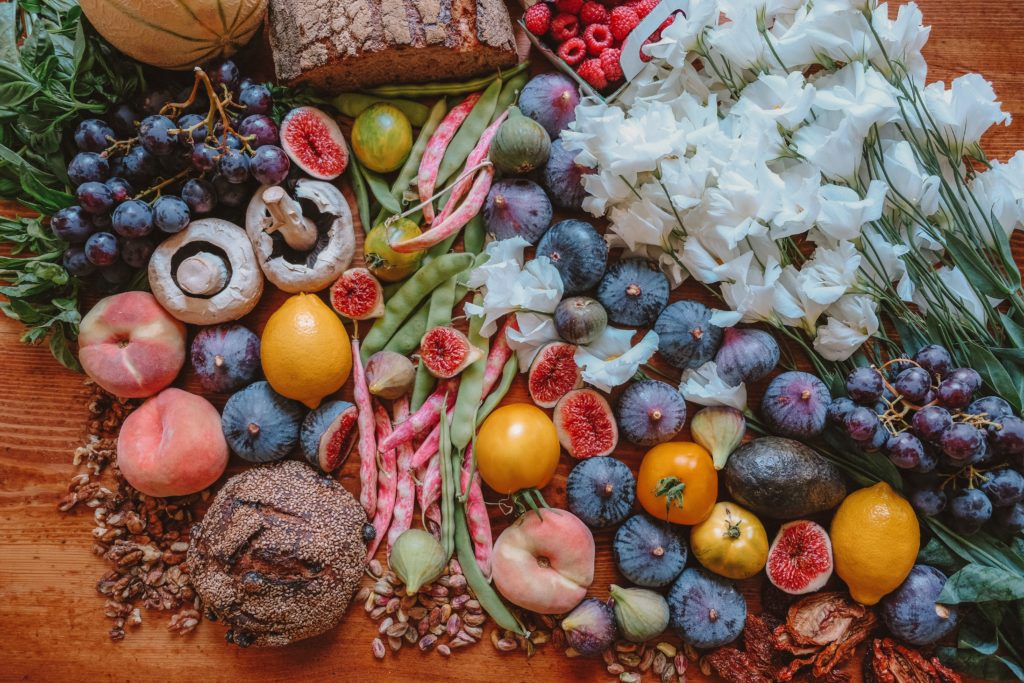It’s summer, and families are barbecuing every weekend, friends are drinking and partying, and all different types of food surround us during all these events. Imagine being at one of these events, excited to eat good food and indulge in some beers, but being worried about sacrificing that “summer body” you’ve been after.
Do we need to pick one route or the other? Is there some sort of in-between we can reach for instead? How should we work to keep our bodies nourished and healthy with all these summer factors looming over us?
Now I am by no means a nutritionist and am not offering professional advice to you all— that should always come from a real nutritionist or clinical team. However, it is undeniable that what we give our bodies impacts our mood, mind, and self-esteem. These aspects of ourselves are only heightened or diminished by social media and other kinds of media. This is exactly why it’s important for us to keep an open dialogue about the relationships between summer, food, and feeling good about ourselves.
One key aspect to get this little journey started is to change our mindset on eating healthy, and the best way to do that is to abandon the cheat meal.
A 2015 study claims that the average weight gained by an adult on vacation is just under one pound. While this doesn’t sound like a lot, it’s enough to make vacationers worry about maintaining a diet while abroad due to unwelcome “cheat meals”. (I’m iffy about this bit, I’m not sure if it fits in as a transition?)
Psychology Behind “Cheat Meals” and Why They Might Not Be Beneficial
The idea behind a cheat meal is that it is a sort of reward for dieting. The basis is that you eat healthy foods for maybe 6 days of the week, and then on the 7th day, you get to eat something you actually enjoy. While this can be a way to motivate yourself for the week, it may actually be more harmful than we initially thought.
Connective Tissue
Dr. Omar Manejwala explains the core principle behind cheat meals on Psychology Today: Shame. What is shame? Researchers Dolezal and Lyons define bodily shame as “a negative emotion that arises when one is seen and judged by others to be flawed in some crucial way.” This can also be applied to how we feel about ourselves because shame can be internal as well. These researchers determined in their 2017 study that feelings of shame manifest in our bodies as both minor and chronic illnesses.

If we feel shameful toward ourselves, our bodies suffer along with our minds, which we want to avoid. “Shame drives the cravings bus. Shame is why you gain the weight back every time. (It) is what tricks you into thinking you ‘deserve’ that piece of chocolate cake. Shame tells you that deserve to cheat every once in a while,” Manejwala writes.
He continues, how many people just put up with the self-inflicted shame? However, this never works. “When did you feel the greatest in your life? Wasn’t it when you were in great shape and really liked the way you looked? … The problem isn’t what you remember feeling like when you were in the best shape of your life. The problem is that your love for yourself is conditional. It’s an “I’ll love you when” and an ‘I’ll love you if.'”
Whether we admit it or not, our self-love is conditional. We may feel great immediately after working out, but after we eat a bowl of popcorn later that night? Maybe not so much. We work to love ourselves through these cheat meals, but it instead traps us in this vicious self-shaming cycle. But is there a way to get out of it?
Mindful Eating While Indulging
Instead of “cheating” and shaming ourselves, Manejwala suggests that we instead learn to love ourselves 24/7. Rather than conditionally loving yourself through dieting cycles, what if instead, you tried mindful eating? MAPS expert Benji Rasky explains this idea in “Beyond the Diet: How Mindful Eating Can Finally Transform Your Relationship with Food,” but I’ll describe it briefly here.
Mindful eating is all about the experience of eating. As the title entails, you must be “mindful” while you eat. You focus on aspects such as thoughts and feelings that arise while eating. But — get this — you have to do it judgment-free! This lack of judgment may be helpful for us if we are trying to erase this shame associated with eating.

But if that sounds too intense or challenging for you, there are other ideas you can implement in your summer eating to erase the shame of “cheating” on your diet.
Changing Your Intentions When Eating Out
Most people worry about eating healthy during summer, but what if we changed our intentions instead of focusing on the food itself?
A 2002 study found this concept to be quite effective. The researchers found that “when such intentions are stable, they can have a long-term impact in guiding even frequently performed behaviors.” In other words, if you have a solid plan for how or what you’re going to eat, you’ll be more successful than if you try to just “eat healthy.”

So if we shift our focus from picking grilled chicken over a burger, how can we form a solid idea of what to eat? We want our intentions to be specific, but we also want to stay away from the mentality of having to eat healthy to get to that cheat meal. If our end goal is to love ourselves, can we focus on eating food that help us do just that?
What Can I Eat to Boost My Mood?
A huge part of your mood is based in your gut. Biological engineer and professor Elaine Hsiao explains that serotonin, a chemical that helps to stabilize mood, is primarily produced by particular cells in our guts. These cells depend on microbes, such as bacteria, to create serotonin. Since serotonin directly communicates with the brain, when you eat certain foods, you are impacting both your stomach and your mind.
Even Harvard Health reports that the food we eat and our moods are completely connected. It states that there is “an association between depression and a diet rich in sugar-sweetened soft drinks, refined grains, and red meat.” Think about it— we all have favorite foods, but why? Because we like how they make us feel afterward!
According to Harvard Health, “95% of your serotonin is produced in your gastrointestinal tract, and your gastrointestinal tract is lined with a hundred million nerve cells.” This means that your digestion is directly linked to your emotions. This is why what you put into your system is important because everything directly affects your mind. Eat something very processed? You might feel kind of down after. Eat some fresh summer fruit? You should feel a bit better!

So if you’re looking to boost your mood this summer and feel good in your body and mind, here’s some food you can try that will keep a smile on your face:
Fish
Fish have good fats (polyunsaturated fats), which are not only very healthy over other animal proteins, but they also help to reduce anxiety! This is because fats are a part of membrane fluidity, which is a key aspect of the function of neurotransmitters, such as serotonin.
Salad
Salad is also a very traditionally healthy option, but did you know that lettuce and leafy greens also help to skyrocket your mood? These greens are packed with magnesium, which also reduces anxiety levels. Just make sure you pair your leafy greens with some nuts, avocado, beans, or protein so you feel sustained and don’t risk a blood sugar dip.
Holiday in the Mediterranean, or Bring the Mediterranean to YOU
Harvard suggests a Mediterranean diet full of lentils, fruits, and veggies to boost your mood, but nuts alone help to lower levels of depression. This is due to the fats within the foods themselves. Researcher Walter Willet gets into the nitty-gritty of the science: “both monounsaturated and polyunsaturated fats reduce LDL and triglycerides and increase HDL cholesterol.”
Fresh Fruit Salad
As per the Mediterranean diet, fruit alone helps fight off depression. Since so many fruits are ripe in the summer, have yourself a big bowl of some simple fruit salad! Pairing these with healthy fats like nuts, seeds, or avocado is a great way to keep glucose stable, which also is important for mood stability!
Maybe it’s time to stop harping on diets and cheat meals during (and after) summer. We want to be shame-free when we eat, even if we choose to splurge on some funnel cake or popcorn. So find a way to eat that keeps your mind and body happy this summer!
Sources
Yanovski, J A et al. “A prospective study of holiday weight gain.” The New England journal of medicine vol. 342,12 (2000): 861-7. doi:10.1056/NEJM200003233421206
Conner, Mark, Paul Norman, and Russell Bell. “The Theory of Planned Behavior and Healthy Eating.” Health Psychology, vol. 21, no. 2, 2002, pp. 194-201. ProQuest, https://www.proquest.com/scholarly-journals/theory-planned-behavior-healthy-eating/docview/614364817/se-2?accountid=12259, doi:https://doi.org/10.1037/0278-6133.21.2.194.
Care, Brian. “Improve Mood with Food.” mentalhealthspace.org, 24 March 2022, https://mentalhealthspace.org/improve-mood-with-food/
“Food and Mood: Is There a Connection?” Harvard Health Publishing, 15 February 2021, https://www.health.harvard.edu/mind-and-mood/food-and-mood-is-there-a-connection
Selhub, Eva MD. “Nutritional Psychiatry: Your Brain on Food.” Harvard Health Publishing, 26 March 2020, https://www.health.harvard.edu/blog/nutritional-psychiatry-your-brain-on-food-201511168626
Fatemi, Fatemeh, et al. “Higher Dietary Fat quality is Associated With Lower Anxiety Score in Women: a Cross-Sectional Study.” Annals of General Psychiatry, 2020, https://doi.org/10.1186/s12991-020-00264-9
Willett, Walter C. “The Mediterranean Diet: Science and Practice.” Public Health Nutr., 2006, 10.1079/phn2005931
Stoller-Conrad, Jessica. “Microbes Help Produce Serotonin in Gut.” Caltech, 9 April 2015, https://www.caltech.edu/about/news/microbes-help-produce-serotonin-gut-46495
Dolezal, Luna & Lyons, Barry. “Health-Related Shame: an Affective Determinant of Health?” Med Humanity, Dec 2017, vol. 43, no. 4., pp. 257-263, 10.1136/medhum-2017-011186
